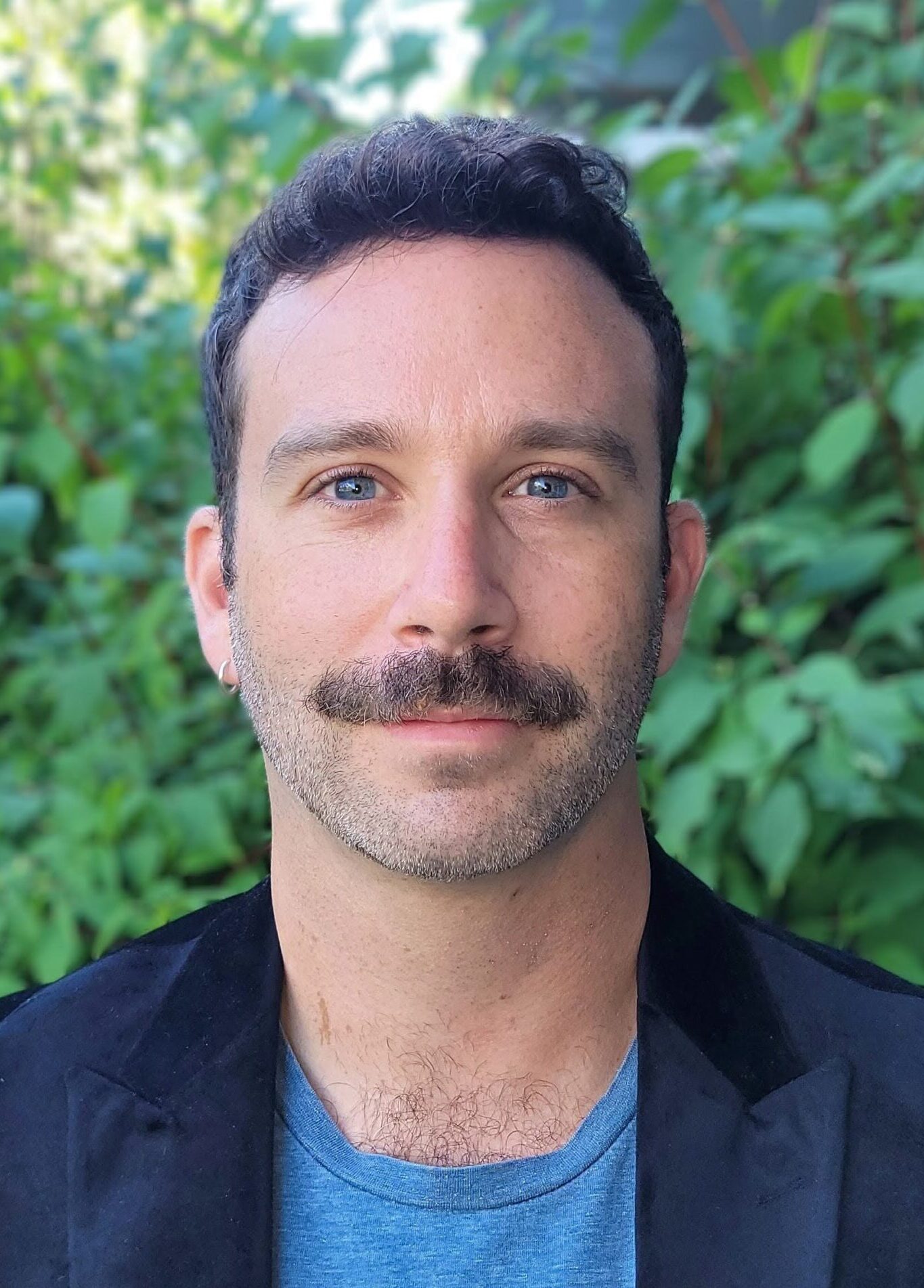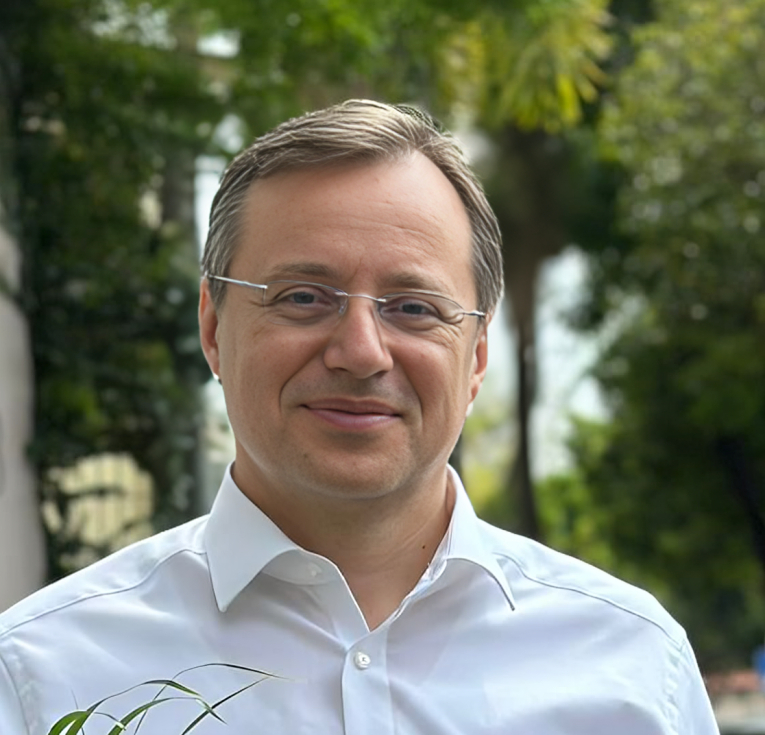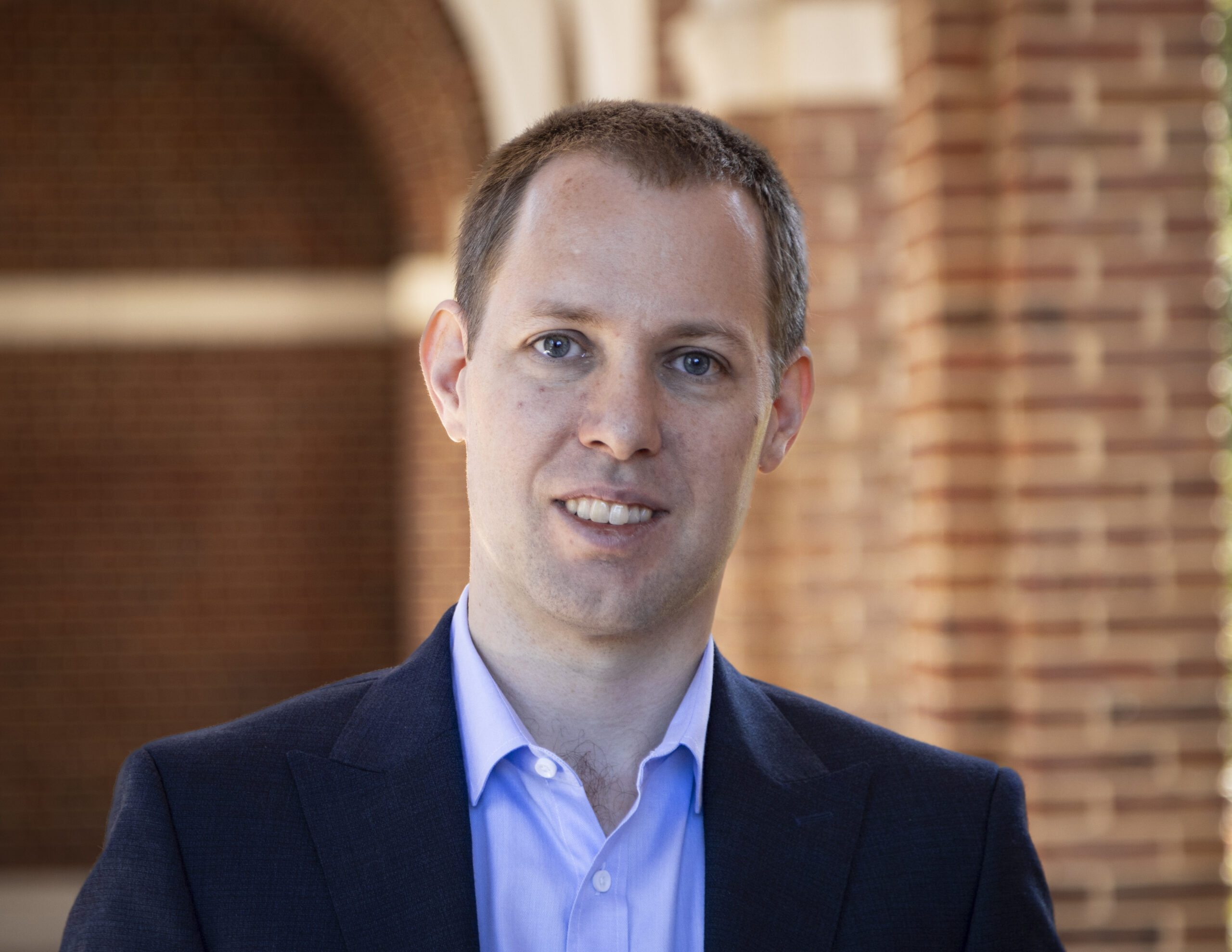
Matjaž Barborič
Matjaž Barborič is a group leader at the Faculty of Medicine, University of Helsinki, Finland. He received his B.Sc. in Microbiology from the University of Ljubljana in 1998 and earned a Ph.D. in Biomedicine and Molecular Biology from the University of Ljubljana School of Medicine in 2005. His graduate work, carried out at the University of California, San Francisco (UCSF) under the mentorship of Professor B. Matija Peterlin, was among the first to demonstrate that eukaryotic transcription can be regulated at the level of RNA polymerase II elongation. He discovered that transcriptional activators and repressors modulate gene expression via the P-TEFb (CDK9 – Cyclin T) kinase. During his postdoctoral training with Dr. B. Matija Peterlin at UCSF – funded by a prestigious The American Foundation for AIDS Research fellowship – he further revealed how the non-coding 7SK snRNA controls P-TEFb activity, how HIV Tat circumvents this regulation to enable viral replication, and how the 7SK – P-TEFb axis is critical for vertebrate development and pre-mRNA maturation. In 2010, Dr. Barborič was appointed Academy of Finland Research Fellow, launching his independent research career at the University of Helsinki, and in 2019 he became a Sigrid Juselius Senior Investigator.
Research projects: Dr. Barborič’s laboratory uses biochemical, genomic, and functional approaches to make foundational advances in understanding how transcriptional cyclin-dependent kinases (tCDKs) regulate gene expression, with implications for cancer, DNA damage response and resilience to cellular stress. His group uncovered the molecular basis for how mutated CDK12 ceased to function as a tumor suppressor in ovarian and other cancers. In collaboration with colleagues, his group discovered that, following genotoxic stress, the RNA-binding protein RBM7 triggers release of P-TEFb from the inhibitory 7SK snRNP, promoting Pol II pause-release within a transcriptional program crucial for the survival of stressed cells. Subsequent studies demonstrated that CDK12 inhibition activates P-TEFb, creating a synthetic-lethal vulnerability of cancer cells to combined inhibition of CDK9 and CDK12. The team also revealed that P-TEFb modulates cancer cell fate downstream of p53: its selective inhibition synergizes with MDM2 inhibitors to switch cells from cell-cycle arrest toward apoptosis. Beyond mechanistic dissection, these contributions highlight translational potential: they suggest rational combinatorial therapies that exploit cancer cells’ dependence on transcriptional control by tCDKs. His lab continues to explore how tCDKs coordinate with gene regulators, noncoding RNAs and cell signaling networks in cancer and rare disease models. As an ASEF mentor, he is eager to assist mentees formulate bold hypotheses, design integrative experiments, and translate mechanistic insights into innovative treatments.











